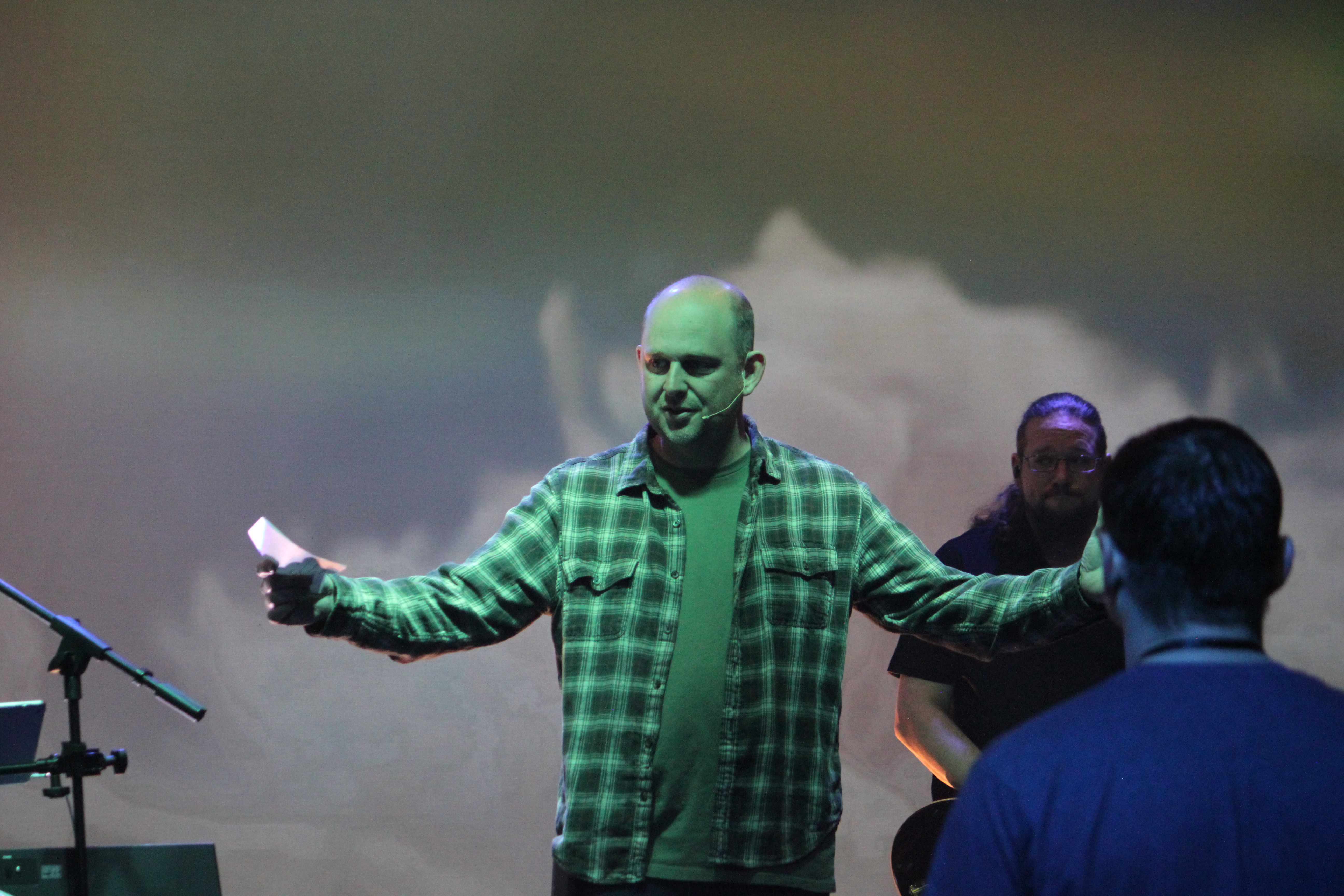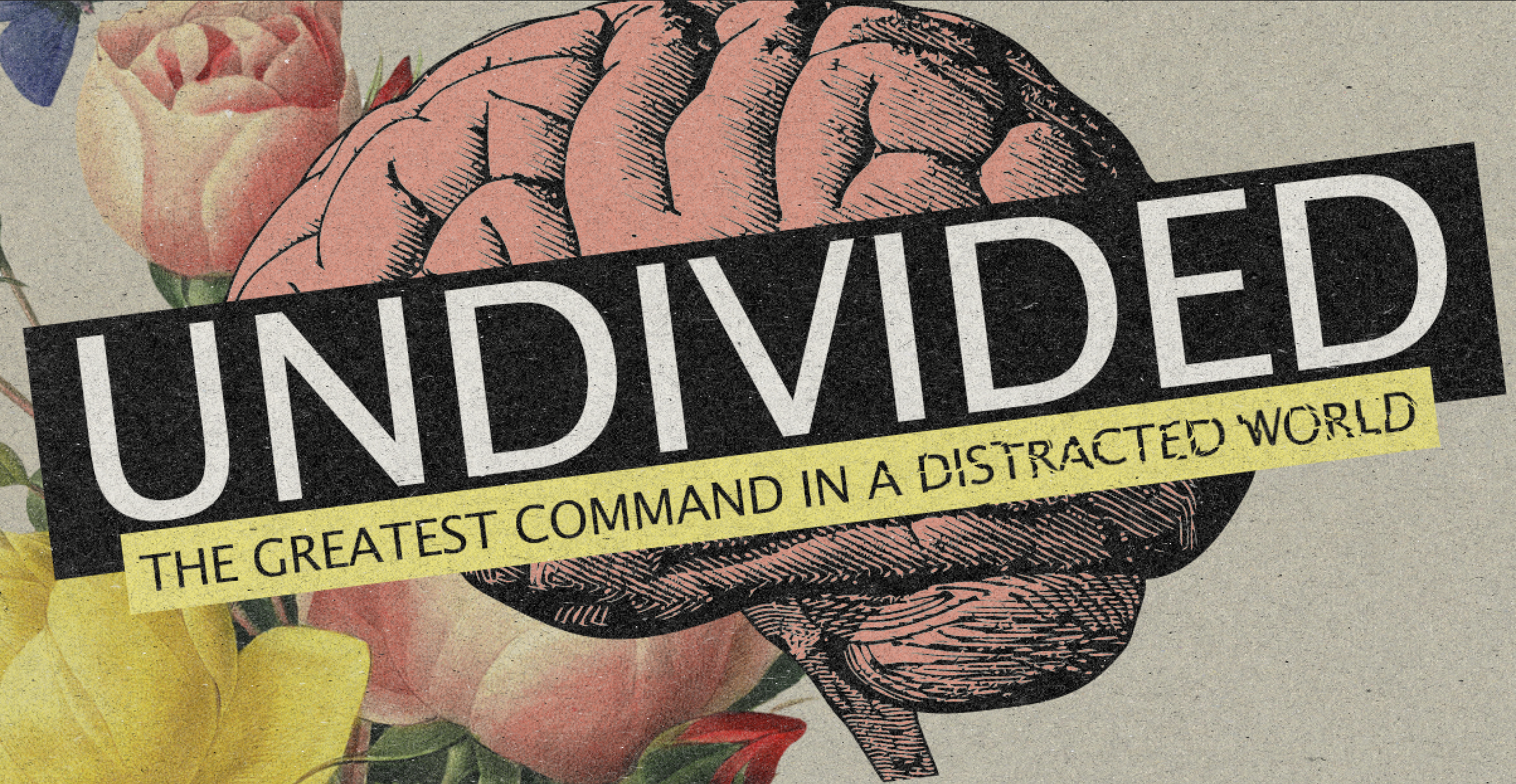The world is changing faster than most of us can process. During a recent conversation with my family, we found ourselves asking a tough but necessary question: How do we raise our kids when we don’t even know what kind of world they’ll live in five years from now?
It’s a fair concern. With the rapid rise of artificial intelligence and algorithm-driven platforms, many children are growing up learning to rely on screens for entertainment, education—even moral guidance. But if we’re honest, adults aren’t doing much better. Our attention is scattered. Our thoughts are constantly pulled in dozens of directions. And our hearts? Often divided—between faith, fear, family, work, and whatever the algorithm feeds us next.
But the good news is, this isn’t a new problem. The world has always changed, and people have always struggled to keep their priorities straight. That’s why the Bible gives such timeless and grounding direction—something we value deeply at City Church, a non-denominational church in Springdale, AR that believes Scripture still speaks to our world today.
The Ancient Answer to a Modern Problem
In the Hebrew tradition, a prayer called the Shema has been spoken for thousands of years. Found in Deuteronomy 6, it begins with a simple but powerful truth:
“Hear, O Israel: The Lord our God, the Lord is one. Love the Lord your God with all your heart and with all your soul and with all your strength.”
Centuries later, when Jesus was asked to name the most important commandment, He quoted the Shema—but expanded it slightly:
“Love the Lord your God with all your heart, all your soul, and all your mind… and love your neighbor as yourself.” (Matthew 22:37–39)
In a world that constantly pushes us to divide our attention, Jesus calls us to wholeness—to love God with everything we are. At City Church in Springdale, that’s our aim: to live out a faith that touches every part of our lives, not just Sunday mornings.
Why Our Hearts Feel Scattered
It’s easy to feel like life is spiraling. You start your week focused, maybe even spiritually refreshed after a Sunday church service near you. But by Tuesday or Wednesday, the distractions start creeping in. You scroll more. Pray less. Worry more. React more. You know what’s important, but it’s hard to stay centered.
Why? Because distraction is one of the most effective spiritual weapons of our day. Social media, streaming services, ads, notifications—they all compete for our attention. And attention is deeply connected to affection. Eventually, what you focus on is what you start to love.
The heart, in biblical terms, isn’t just about emotions. It includes your thoughts, desires, motives—your inner life. If you’re not careful, your heart can be shaped more by your feed than by your faith.
And when your heart is divided, life feels unstable. One moment you’re motivated, the next you’re overwhelmed. You want to do what’s good, but find yourself defaulting to what’s easy or destructive. Even the Apostle Paul admitted this tension when he said:
“I want to do what is good, but I don’t. I don’t want to do what is wrong, but I do it anyway.” (Romans 7:19)
What It Means to Guard Your Heart
Proverbs 4:23 puts it plainly:
“Guard your heart above all else, for it determines the course of your life.”
Think of your heart like the control center of your life. When it’s unguarded, you’re vulnerable to being pulled in every direction. But when it’s aligned with God, your words, thoughts, decisions, and priorities begin to reflect that alignment.
Guarding your heart doesn’t mean isolating yourself. It means being discerning about what you let in. What you watch, listen to, scroll through—it all matters. You don’t have to swear off social media or move off the grid. But you do need to be intentional. And that starts with three simple shifts.
This is something we talk about often in our faith-based community in Springdale, especially with young families and students. As a family-friendly church with active youth programs in Northwest Arkansas, we care deeply about shaping hearts, not just habits.
How to Recenter Your Heart
If you’re feeling spiritually scattered, here are a few practical ways to bring your heart back into focus:
1. Filter What You Let In
The things you consume are shaping you. Music, media, and conversations are all formative. Pay attention to how certain content affects your mood, your thoughts, and your focus on God. Ask: Does this help me love God more or less?
2. Refocus What You Love
You don’t always control your feelings, but you can shape your affections through your actions. Worship when it feels inconvenient. Pray even when it’s hard to concentrate. Prioritize time with God over time on your phone. These rhythms reset your heart’s compass.
3. Fix Your Attention on What Matters
In Hebrews 12:2, we’re told to “fix our eyes on Jesus.” That word “fix” implies effort and intentionality. It’s a choice. In a world addicted to distractions, choosing focus is countercultural—and deeply spiritual.
We see this transformation happen in the lives of people every week through small groups and consistent rhythms of worship at our contemporary worship church in Springdale, AR.
Try a 7-Day Heart Reset
If you're ready to put this into practice, try this one-week challenge:
No social media for the first hour of your day
Spend at least 10 minutes reading Scripture or praying before engaging with your phone
Ask yourself daily: What did I love most today?
Be mindful of your inputs: avoid content that stirs up anxiety, comparison, or unhealthy desires
Dedicate one commute this week to worship music only
These small shifts can begin to rewire your habits—and your heart.
Final Thought: Does God Have Your Heart?
Most of us have experienced the frustration of talking to someone who’s only half-listening while staring at their phone. You can tell when someone’s attention is divided. Eventually, it doesn’t feel worth it to keep talking.
Now imagine how God must feel when we do the same to Him.
The truth is—God has given us His whole heart through Jesus. Full attention. Full affection. Full devotion. But how often do we return the same?
This isn’t about guilt. It’s about an invitation. To live differently. To love differently. To push back against distraction and choose devotion.
The most important commandment still matters. And it starts with this simple question:
Does God have all of your heart?









